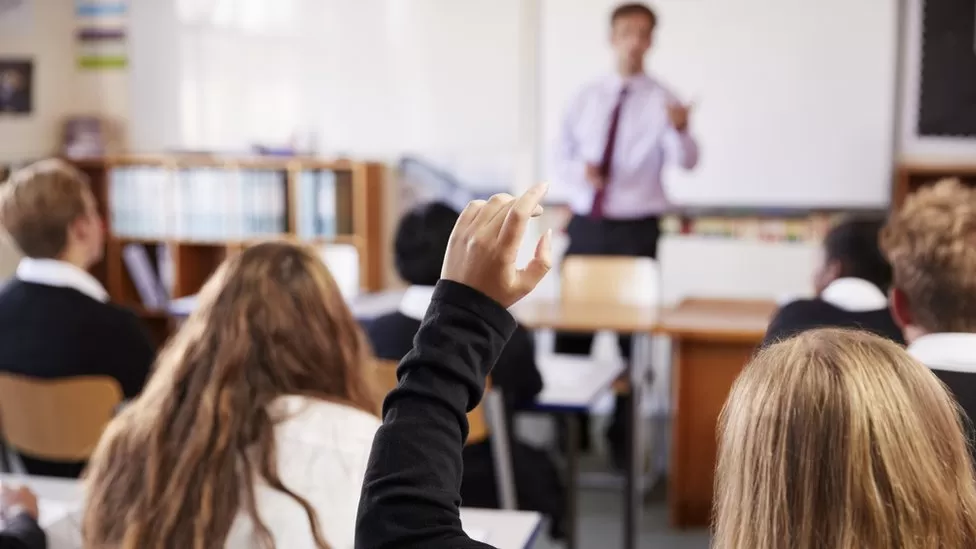The government will review how sex education is taught in schools in England following concerns that children are being exposed to “inappropriate” content.
Rishi Sunak said the review will ensure schools are not teaching “contested content” in Relationships, Sex and Health Education (RSHE).
The Department for Education (DfE) will carry out the review.
The head teachers’ union said it was “deeply concerned” by the announcement.
Since September 2020, Relationships and Sex Education has been compulsory in schools.
In primary schools, pupils must be taught “key building blocks of healthy, respectful relationships” as part of the national curriculum.
Pupils at secondary schools “should be taught the facts and the law about sex, sexuality, sexual health and gender identity in an age-appropriate and inclusive way”, according to official guidelines.
Schools are allowed to invite external agencies to teach classes on these subjects, if safeguarding rules are followed. But guidance states external groups “should enhance and not replace” teaching by school staff.
When running for the Conservative leadership last summer, Mr Sunak promised to strengthen guidance on sex and relationship education in school.
Speaking at Prime Minister’s Questions on Wednesday, Mr Sunak said: “Our priority should always be the safety and wellbeing of children.
“We are bringing forward a review of RSHE statutory guidance and we will start our consultation as soon as possible.”
‘Age inappropriate’ content
Mr Sunak’s pledge came after more than 50 Conservative MPs wrote to the prime minister claiming “children are being indoctrinated with radical and unevidenced ideologies about sex and gender”.
One of the authors of the letter, Miriam Cates, told MPs pupils were viewing material that was “age inappropriate, extreme, sexualising and inaccurate”.
Ms Cates, MP for Penistone and Stocksbridge, called on Mr Sunak to commission an independent inquiry to “end inappropriate sex education”.
The National Association of Head Teachers (NAHT) said: “There is a real concern that this is a politically motivated review, rather than one based on the reality of what is happening in the vast majority of schools up and down the country.
“We have seen no evidence to suggest there is a widespread problem with pupils being presented with age-inappropriate materials and if this were the situation, we would expect it to have been picked up on a case-by-case basis.”
The prime minister’s official spokesman said: “We believe children should be supported to make informed decisions and those need to be factually based and age appropriate.”
The DfE will also conduct a consultation later this year on external speakers and resources in RSHE classes, he said.
The spokesman stressed “clear guidance” already exists on external speakers and resources.
